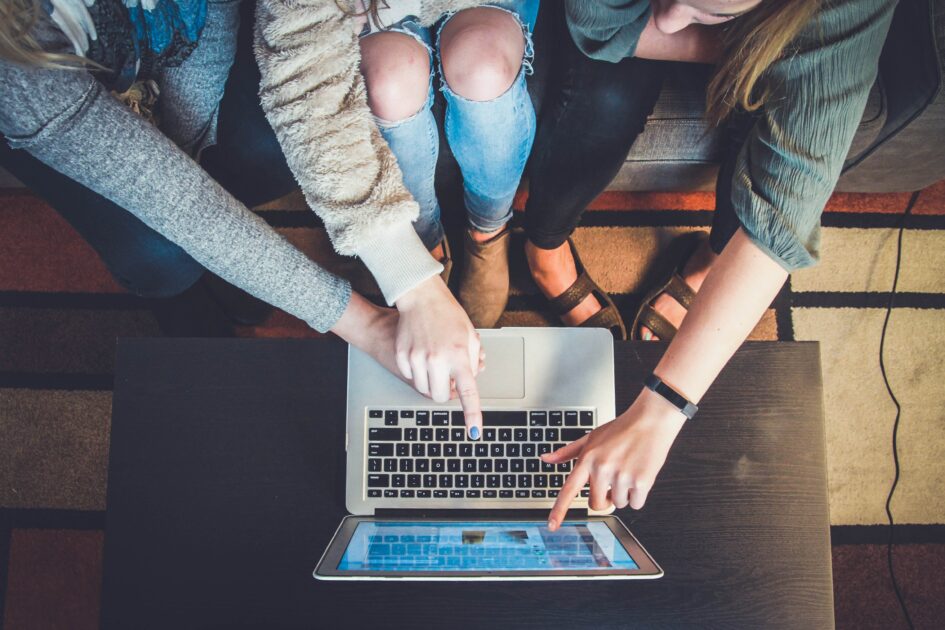This week, we had Jesse Miller come into our classroom and discuss social media in education and how to use social media as a future educator. He taught us about digital consent, biases in social media and security of self. As future educators, it was so important for Jesse to guide us through how to handle social media in the classroom and how to engage with our own social media platforms responsibly.
One of the things that stuck out to me in Jesse’s presentation was when he noted how students will pay attention in spaces that they value. He was referring to when students are participating in extracurricular activities they won’t be on social platforms or on their devices during these activities because they will be immersed in their passions and creative outlets. I believe that this point relates to our discussion about teachers having to police cellphones in the classroom because if students choose to engage in lessons and value the work of the teacher, they will not be drawn to their cell phones. If students are constantly on their phones, then maybe the teacher can work to understand what engages that student and how they can tie it into what is being learnt in class so they can work together to make the material more interesting. If that doesn’t work then the student must be held accountable for their own actions and their own learning.
After the presentation, I reflected on my own social media use. I made sure to make sure all my accounts were set to private and that when you googled me, everything was positive. I also reflected on my future social media use and how I can remain attentive to my potential audiences. I plan to think before each post and make sure I am asking for digital consent in my future classroom. I can help students feel empowered by asking for comfortability levels in sharing their work or images with peers, the school or on social media.
In conclusion, social media creates networked citizenship where educators and students can connect and share to learn and develop. Technology has its place in the classroom and is an excellent resource and tool, but it is important to know that it has its boundaries; teachers should never be in contact with any students on social media. This quote from Jesse’s presentation stuck with me: “It is not if, but how people use social media that impacts their well-being.” I’m so grateful that I got the opportunity to learn from Jesse and expand my knowledge on how to conduct safe social media use in and out of classrooms.

Leave a Reply
You must be logged in to post a comment.